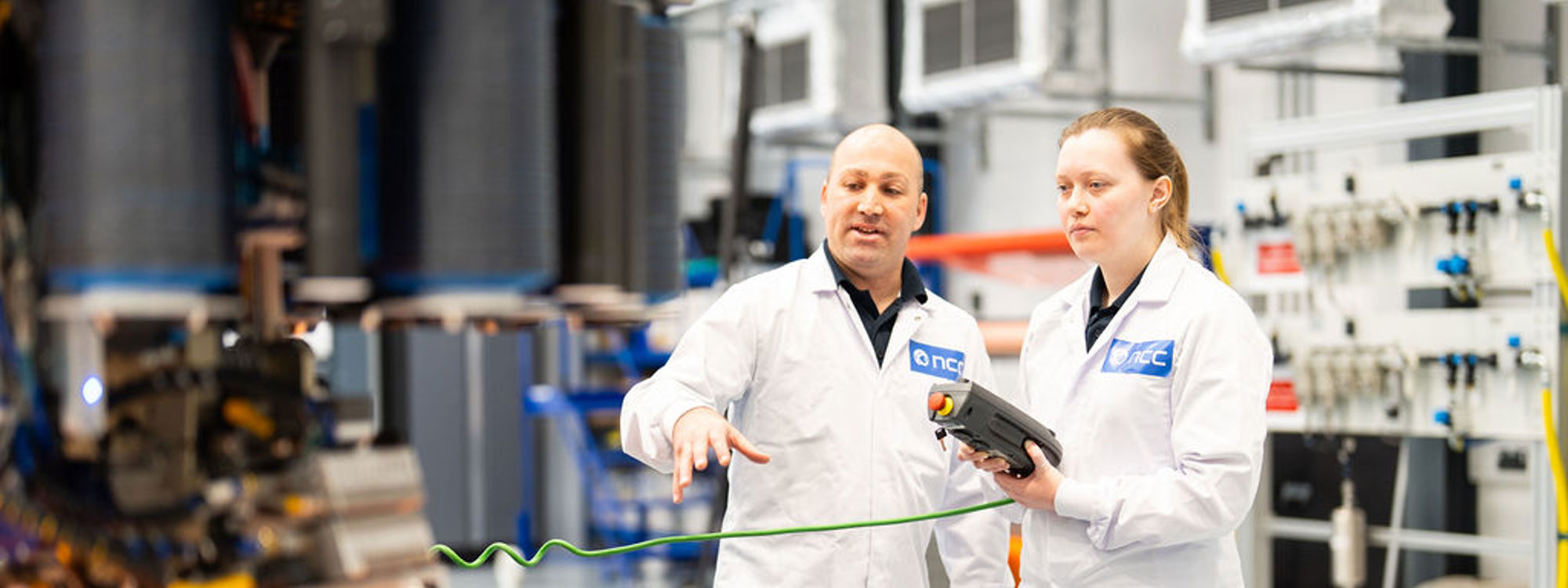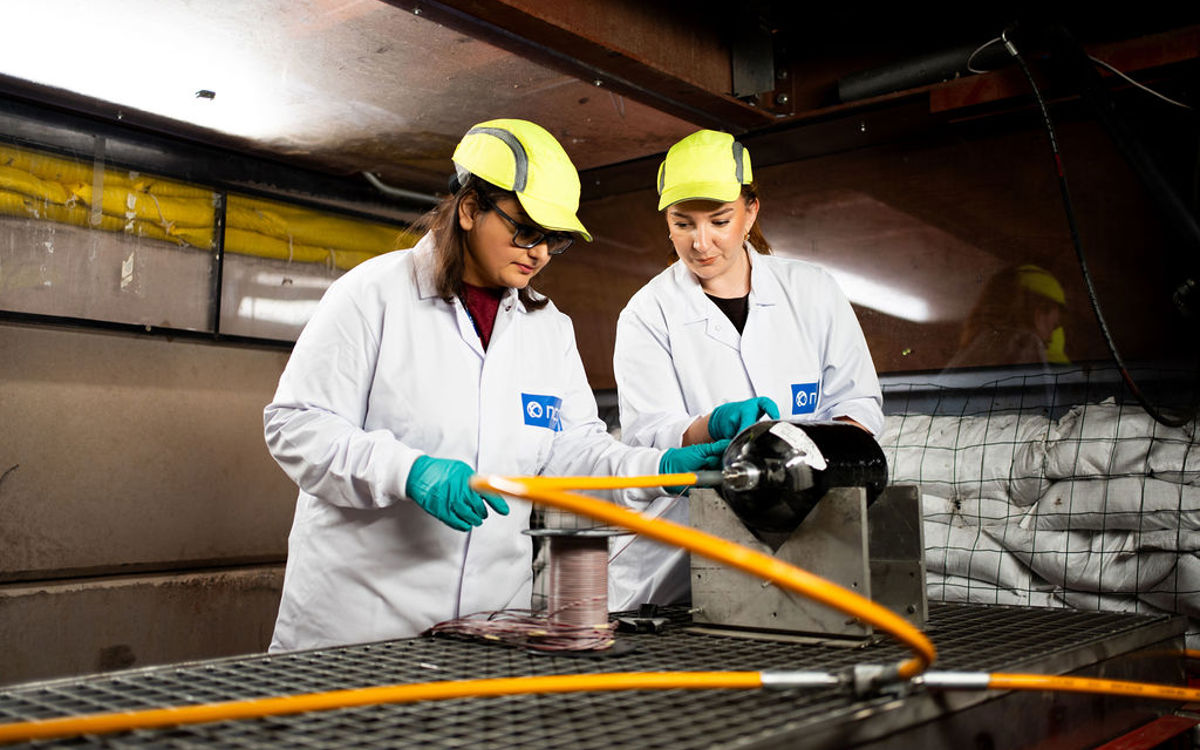
Engineering the future: NCC's Technology Strategy
By Mark Summers, Chief Technology Officer at NCC
If the UK wants to compete in the next generation of advanced engineering and manufacturing technologies - across aerospace, energy, defence and beyond - we need more than world-class research.
We need to turn proven ideas into working technologies - tested, certified, scalable, and ready to use.
Our global competitors are doing exactly that - moving fast, investing at scale, and closing the gap between innovation and manufacture. If we’re serious about competing, we need to do the same.
That’s where NCC comes in. As part of the High Value Manufacturing Catapult, we operate as the UK’s centre of excellence for advanced composites, digital engineering, and process innovation. Our role isn’t to build products - it’s to help others do it better, faster, and more sustainably.
We work with industry, academia and government to translate promising technologies into viable, certifiable solutions. That might mean validating a material, building a demonstrator, or using digital tools to reduce risk and cost. Often, it's about joining the dots between research, regulation, and production, helping UK industry turn capability into advantage.
NCC's Technology Strategy
Our recently published Technology Strategy sets out how NCC will stay at the forefront of technology leadership. We’re building on what works – and investing in the tools, skills and systems that will matter the most in the next decade.
Some of this we achieve directly through our facilities, programmes, and collaborative projects with national and international partners. Much of it we enable by convening partners, de-risking innovation, and helping others move faster from idea to impact.
The strategy is not a forecast or a sales document. It’s designed as a practical tool - a shared framework to help prioritise, coordinate, and invest in the capabilities that will matter most. Because these aren’t abstract choices - they affect the UK’s ability to grow productivity, create skilled jobs, trade internationally, and build sovereign capacity in a less certain world. The strategy is a baseline: it will evolve as we progress towards these goals.
Why this matters now
The UK can’t afford to be slow adopters. If we want to lead on net zero, resilience, or sovereign capability, we need the skills, infrastructure, and technical maturity to scale innovation into production - at pace, and without compromise.
That means making technologies viable - economically, environmentally, and operationally. It means reducing time to market, embedding sustainability by design, and closing the loop between concept, test and deployment.
The UK has strong foundations: deep engineering talent, excellent research, and serious industrial ambition. But too often, momentum stalls between proof-of-concept and real-world delivery. That’s the gap NCC exists to close - and it’s where this strategy aims to focus effort.
What’s in the strategy
We’ve structured the NCC Technology Strategy around four core areas - each underpinned by connected themes that reflect the practical needs of UK industry.
• Advanced Materials: From fire-resistant ceramics to UK-developed carbon fibre, we’re helping industry develop, scale and apply materials that enable better performance and survivability. A new Carbon Fibre Development Facility opens in 2026 to accelerate this work.
• Product Innovation: AI-assisted design, digital twins, and systems thinking are now essential tools. NCC is working with partners to embed them into live programmes - from hydrogen pressure vessels to complex aerospace structures - to reduce rework, risk, and time-to-certification.
• Process Innovation: Through open-access facilities and production-scale demonstrators, we’re showing how automation, digital process control, and high-rate manufacturing can be applied to real supply chain problems. The Airbus Wing of Tomorrow is one example of this in action.
• Growth Initiatives: This is where we look ahead - into digital manufacturing, AI, quantum, and engineering biology. With Isambard-AI, the UK’s most powerful AI supercomputer, we’re helping bring these technologies out of the lab and into industry.
We’ve also developed sector-specific pathways - covering aerospace, energy, and defence - to show how these technologies align around real industrial challenges. These are built with partners, grounded in delivery, and ready to be scaled.
A platform, not a prediction
This strategy isn’t a vision statement - it’s a platform. A shared tool for engineers, technologists and decision-makers to focus on the capabilities the UK actually needs, and to coordinate effort around delivering them.
No single organisation can solve this alone. That's why our strategy is aligned closely with the roadmaps and visions of partners including the High Value Manufacturing Catapult, Innovate UK, Aerospace Technology Institute and the Advanced Propulsion Centre UK.
Together - across research, supply chains, policy and infrastructure - we can build the resilience and technical depth required for long-term competitiveness. NCC’s role is to help bridge the last-mile gaps - from lab to factory, from idea to certification, from promise to product.
If you're working on these challenges - scaling clean energy, enabling next-gen defence systems, embedding sustainability into design - this strategy lays out where NCC is focused, and how we can work together.
Critical capabilities and pathways for industrial transformation


